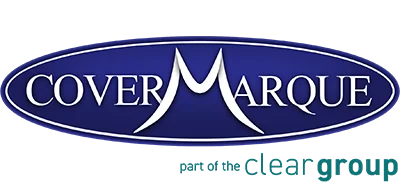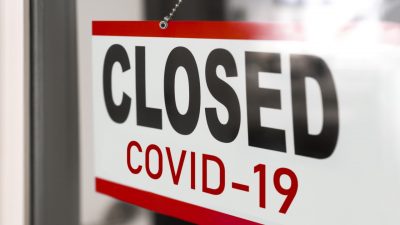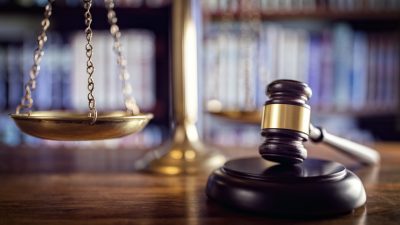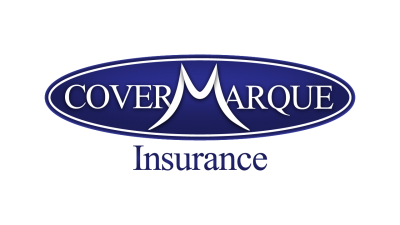Business interruption Covid Test Case – further explained
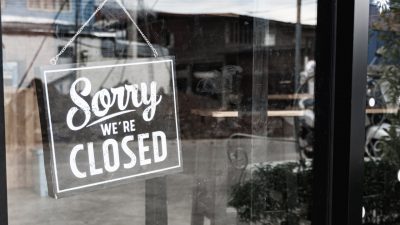
Friday’s court ruling on the recent test case has understandably prompted many businesses to check if they have Insurance cover in respect of loss of profit or revenue caused by Covid-19.
The majority of businesses do not have cover, including most of our clients, however some business fortuitously did. Why is this?
Firstly, it is important to note that no insurer intended to provide cover for Covid-19. However, the exact wording of each Insurer’s policy is different and some were inadvertently worded such that cover applied, or it was at least ambiguous. Some ambiguity in legal wordings is to be expected in a scenario which was never envisaged, let alone tested. It was the ambiguous cases that were being contested in the courts. The courts have now ruled which of these wordings provide cover and which don’t.
The contested wordings fell into various categories, with the majority involving the occurrence of a disease at, or in the vicinity of the business premises. Many Insurers offered a disease extension on their Business Interruption section meaning that if the trading premises were forced to close due to a disease like Legionella or Typhoid, then the resulting loss in Profit or Revenue would be covered, up to say a limit of £50,000. Most such extensions listed mainly waterborne diseases and the scenario being considered was a local outbreak, and therefore SARS and MERS were not listed. If Covid-19 had existed then it wouldn’t have been on the list either. However, some insurers worded this the other way around, and gave cover on any notifiable disease unless excluded. SARS and MERS were excluded, however Covid-19, being new was not.
Taking a step back, I should explain what the main purpose is of Business interruption insurance, otherwise known as Consequential Loss cover:
Property Insurance is designed to cover the policyholder’s property (as detailed to Insurers) against loss or damage in the event of certain eventualities (aka “perils”), e.g. fire, theft and storm damage. In the event of a valid claim the Insurer will pay for the property to be reinstated. However, often this reinstatement can’t be done immediately, and there is often a resulting interruption to the business. For example if a business’ trading premises burns down, depending on the size and type, the premises might take months or even years to rebuild. In the case of damage to stock of temporary structures, most manufacturers have a 6-8 week lead-time, and therefore if the damage occurs in May then there could be a resulting loss of Profits through June and July.
Business Interruption Insurance is designed to compensate for the resulting loss of profits caused by the delay in reinstating the damaged Property. We believe that for most businesses it is an important type of insurance to consider, and often represents good value for money. We shall continue to recommend to our policyholders that they consider it.
If Insurers had left the cover as described above, then no one would now be reasonably arguing that Insures should be paying out for a loss of profit due to Covid-19, any more than they might argue that an Insurer should compensate a Policyholder for loss of Profits due to any other reason, for example a vehicle breaking down meaning that a company can’t fulfil one of its contracts.
What has caused a great deal of confusion, and fortuitously for some businesses provided cover in respect of Covid-19 restrictions, is that some Insurers provide extensions to the Business Interruption section. For example, many Insurers give a “Denial of Access” extension. Not only will the Insurer cover lost profits if a business’ own premises is burnt down, but they extend cover to a fire at a neighbouring premises which prevents access to the policyholder’s premises. The disease extension referred to above is another example where insurers were trying to extend the scope of the cover.
Some people feel, no doubt influenced by the slanted way the press report matters, that Insurers should compensate businesses irrespective of whether their wording inadvertently gave the cover or not. This is an unrealistic expectation. Firstly, if Insurers made a habit of paying out uninsured claims then premiums would be considerably higher. Secondly, their shareholders, including millions of people with Insurance company shares as part of their pensions, would ultimately be the ones paying and they would be up in arms.
In conclusion:
- The purpose of Business Interruption is to cover loss of profit or revenue resulting from the delays in reinstating property following a Property Damage claim
- Most insurance wordings do not provide cover for Covid-19, and it is not reasonable to expect those Insurers to pay Covid related claims
- Some Insurance wordings did inadvertently provide cover, mainly via an “any notifiable disease unless excluded” extension which didn’t exclude Covid-19 as it wasn’t a known disease
- Unsurprisingly given the unprecedented situation, some wordings were ambiguous and these have been the subject of the recent court case.
- Where “any notifiable disease” cover was provided, in most cases it only relates to businesses force to close their premises by order of the authorities, such as pubs, restaurants, cinemas, bowling alleys and non-essential retail shops.
I hope that this fully explains the issues involved. If you have any further questions then please contact me on 01962 774421 or email [email protected]
We have gone through all of our customer’s policies and we have been in touch with any policyholders that could conceivably have cover. If you are not a client of CoverMarque but you would like me to look at your policy wording to see if you have cover, then please send me a copy of it together with the policy schedule to the email address above.
